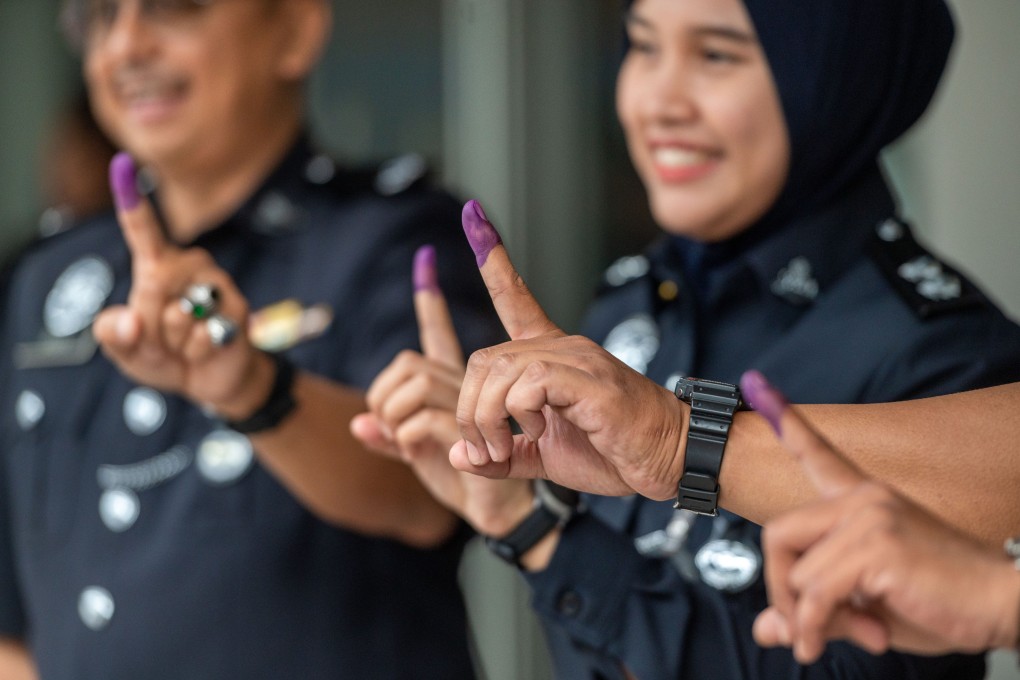As I see it | Malaysia, used to one-party rule, faces learning curve with messy politics
- 21 million voters will choose between three coalitions whose leaders have, at some time or other, been colleagues in same party or alliance
- Citizens have only been getting to grips with a two-party system in recent years; now the nation is entering uncharted waters

The past couple of weeks would have been a confusing time for the average Malaysian, as familiar faces in unfamiliar configurations went about the business of hard-selling their credentials as the best option to lead the nation over the next five years.
On November 19, about 21 million voters will face the task of choosing between three distinct political coalitions whose leaders have, at one point or the other, been colleagues in the same party or alliance.
The situation presents a steep learning curve for Malaysia’s electorate, who had only really just begun to get the hang of a two-party system where they had to pick between the ruling party and the opposition.
But to (hopefully) make sense of some of the complexities surrounding this year’s election, we need to look back at how Malaysia’s political landscape has changed up to this point, where we now have a contest between Barisan Nasional (BN), Pakatan Harapan (PH) and Perikatan Nasional (PN).
This resulted in the post-election formation of the Pakatan Rakyat (PR) coalition, brokered by opposition leader Anwar Ibrahim to bring his People’s Justice Party (PKR), the Democratic Action Party (DAP) and the Pan-Malaysian Islamic Party (PAS) under a common banner.
This opposition alliance made further headway in the 2013 national polls. Though they lost that year, PR secured the popular vote and increased their share of the 222-seat parliament.

